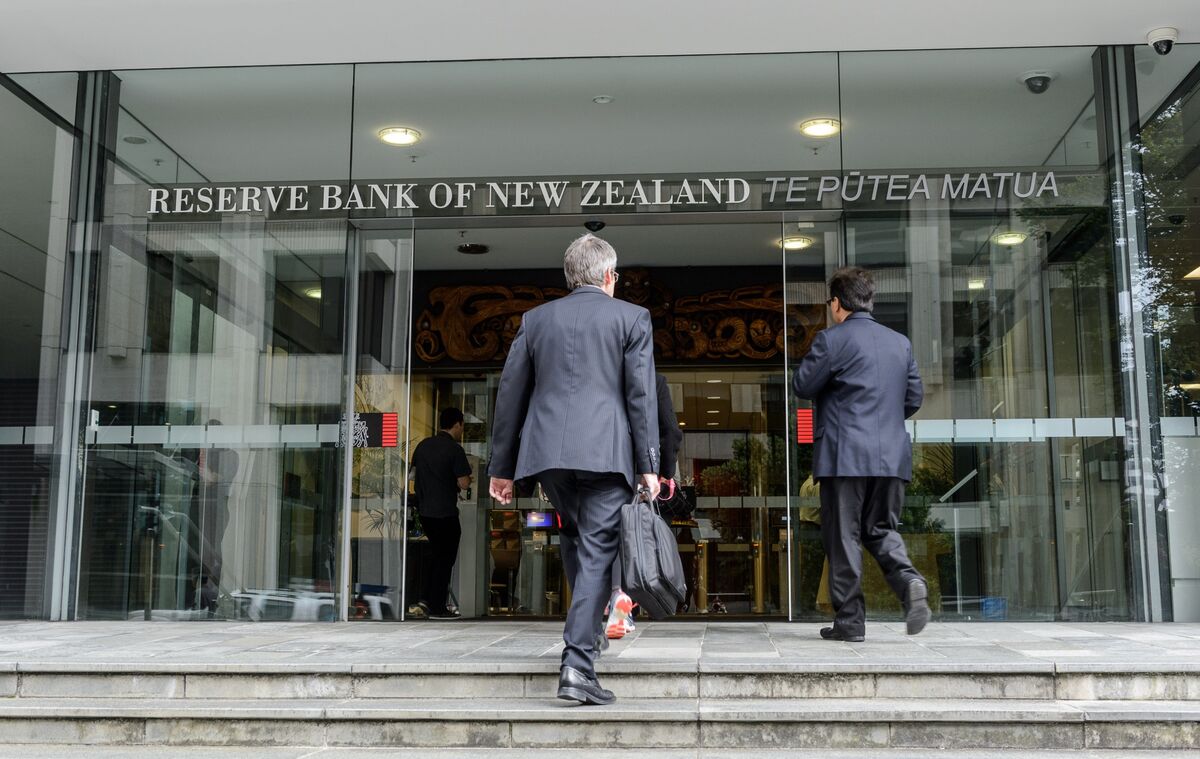RBNZ Reviews Bank Capital: Political Pressure Mounts
The Reserve Bank of New Zealand (RBNZ) is currently reviewing its bank capital rules, a process attracting significant political attention and sparking debate about the balance between financial stability and economic growth. This review comes at a time when the country is navigating a complex economic landscape, facing challenges like high inflation and rising interest rates.
Pressure from Political Actors
The RBNZ's review is facing increasing political pressure from various quarters. Some argue that the current capital requirements are too stringent, hindering lending and potentially stifling economic activity. These voices advocate for a relaxation of the rules to boost credit availability for businesses and consumers. Conversely, others maintain that robust capital requirements are crucial for maintaining financial stability and protecting the banking system from potential shocks. They warn against weakening regulations, emphasizing the long-term consequences of undercapitalized banks.
This tension highlights a broader debate about the role of central banks in a politically charged environment. The RBNZ, while striving for independence, must navigate the complexities of balancing its mandate with the government's economic objectives. The intensity of this political pressure raises concerns about potential interference in the RBNZ's decision-making process, potentially compromising its ability to act in the best interests of the country's financial system.
Key Arguments in the Debate:
-
Pro-Relaxation: Supporters argue that stricter capital requirements lead to reduced lending, impacting economic growth and housing affordability. They suggest that the current rules disproportionately affect smaller banks and hinder competition. They point to examples of other countries with less stringent regulations as potential models.
-
Pro-Retention: Conversely, proponents of maintaining the status quo highlight the importance of a resilient banking system capable of withstanding economic downturns. They emphasize that adequate capital buffers are essential for absorbing losses and preventing systemic risk. They caution against relaxing regulations prematurely, especially given ongoing global economic uncertainty.
Potential Outcomes and Implications:
The RBNZ's decision will have significant implications for New Zealand's economy. A relaxation of capital requirements could stimulate short-term economic activity but potentially increase long-term risks. Maintaining stricter rules, while potentially dampening economic growth in the short term, could enhance the stability and resilience of the banking sector.
The outcome of this review will serve as a case study for other countries facing similar challenges. It will also influence investor confidence and the overall perception of New Zealand's financial stability. Transparency and a thorough justification of the RBNZ's final decision will be crucial in building public trust and ensuring the long-term health of the New Zealand economy.
Looking Ahead:
The RBNZ's review is ongoing, and its conclusions will be closely watched by policymakers, financial institutions, and the public alike. The balance between political pressure and the RBNZ's mandate for financial stability will be a critical factor in shaping the outcome. The debate surrounding this review underscores the complexities of navigating economic policy in a dynamic and politically charged environment. Further updates and analysis will be crucial as the review progresses. Stay tuned for further developments on this important issue.

